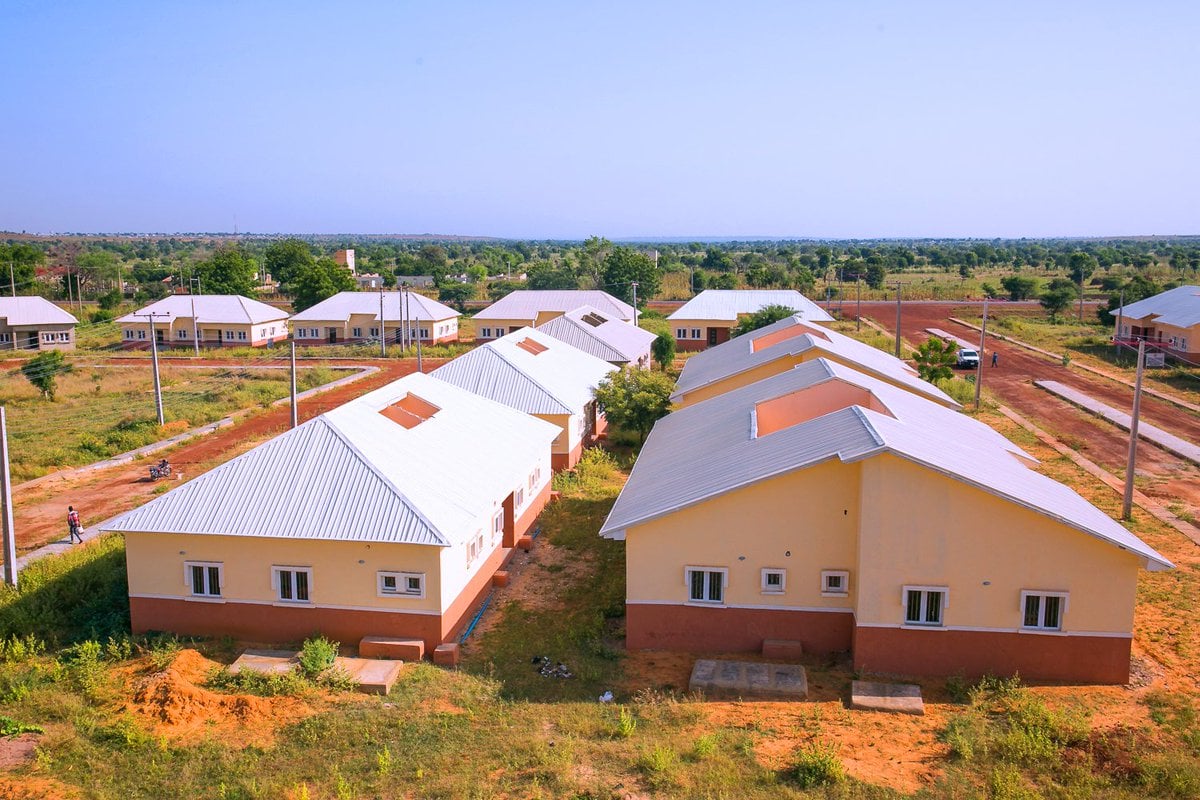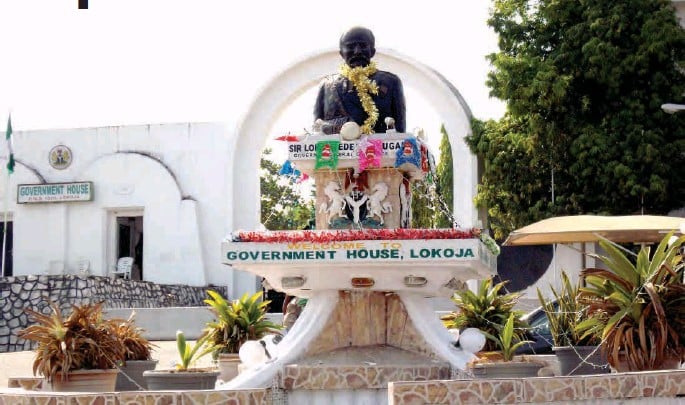Shelter is a basic physiological necessity of every human being as well as a key input in economic, social, and civic development. Stable and affordable housing is particularly important in breaking cycles of poverty and remains a significant contributor to the economy even in developed nations.
In Nigeria, about 28 million Nigerians lack access to decent and affordable housing, according to the Federal Mortgage Bank of Nigeria (FMBG). Given the rise of rural-urban migration within the country, these housing challenges are exacerbated in urban centres, with Lagos State facing a shortage of over three million residential units as more people influx to the city and housing prices increase.
The housing deficit has progressed consistently since the early 1990s, standing at seven million housing units in 1991 to 12 million in 2007, 14 million in 2010 to today’s figure of 28 million. Thus far, attempts to address this issue have primarily come from the federal government, however, this is a challenge that is beyond the government’s capacity and requires partnership.
The highest number of housing developments achieved by a single government is that of Buhari’s 1982 regime at 40,000. Interestingly, the 2021-2025 National Development Plan has a target of a million houses being built within the four–year time frame. While there are concerns about the plausibility of these lofty goals, even if achieved, the unfortunate reality is that the prices of these government houses often fall beyond the reach of the majority who are the supposed targets of the initiative.
Advertisement
This, therefore, highlights one of the more insidious bottlenecks surrounding the housing crisis — the lack of data. There is a knowledge gap with regards to the housing crisis and a solution would be to invest in the development of a comprehensive housing deficiency index. This would help identify regions with the greatest inadequacy in supply and demand and the groups of people most affected by the deficiency, inform housing-related policies and monitor progress.
The country needs a top-down view of the problem in order to channel its limited resources to the biggest return on investment areas. As there are no defined parameters and data that highlights what qualifies as affordable housing, the point of building the house in the first place becomes null. Nigeria needs to inculcate a data-driven approach into its problem-solving. Gathering data on the areas and people mostly affected by the housing deficiency and in fact, the general population of the country — something that has not been done since 2006 —will be a step in the right direction.
There is also the challenge of minimal partnership between the government and the private sector. It has been estimated that the 28 million housing shortage will cost in excess of ₦21 trillion to address, and this is simply not a feat the federal government can afford to undergo. Instead, the focus should be placed on making investments into real estate more appealing to private developers, and amending the laws around land ownership may have the capacity to do just that. The Land Use Act not only limits ownership of land but impedes large-scale rapid real estate development due to its allowance of a maximum ownership of half a hectare or 7.5 plots of land at any particular time. Additionally, the registration of land is a drawn-out bureaucratic process that can cost over 15% of the land’s value and extend over a period of a year when it should take 30 days, further increasing cost and restricting rapid development.
Advertisement
It is in the government’s interest to amend these laws as it would likely increase the availability of land for sale and drive down cost of housing development due to increased supply, making it a more appealing prospect for private investors. Additionally, this would mean more income from taxes and royalties.
This situation of so many Nigerians lacking affordable housing is a dire one and should be addressed with great urgency. A data-driven approach should be leveraged in order to cater for the communities and people that need it the most. Policies should be reformed to encourage investment and rapid action. If these can be implemented, Nigeria will be on the right track to solving its housing crisis.
Okafor is an analyst at SBM Intelligence
Advertisement
Views expressed by contributors are strictly personal and not of TheCable.







